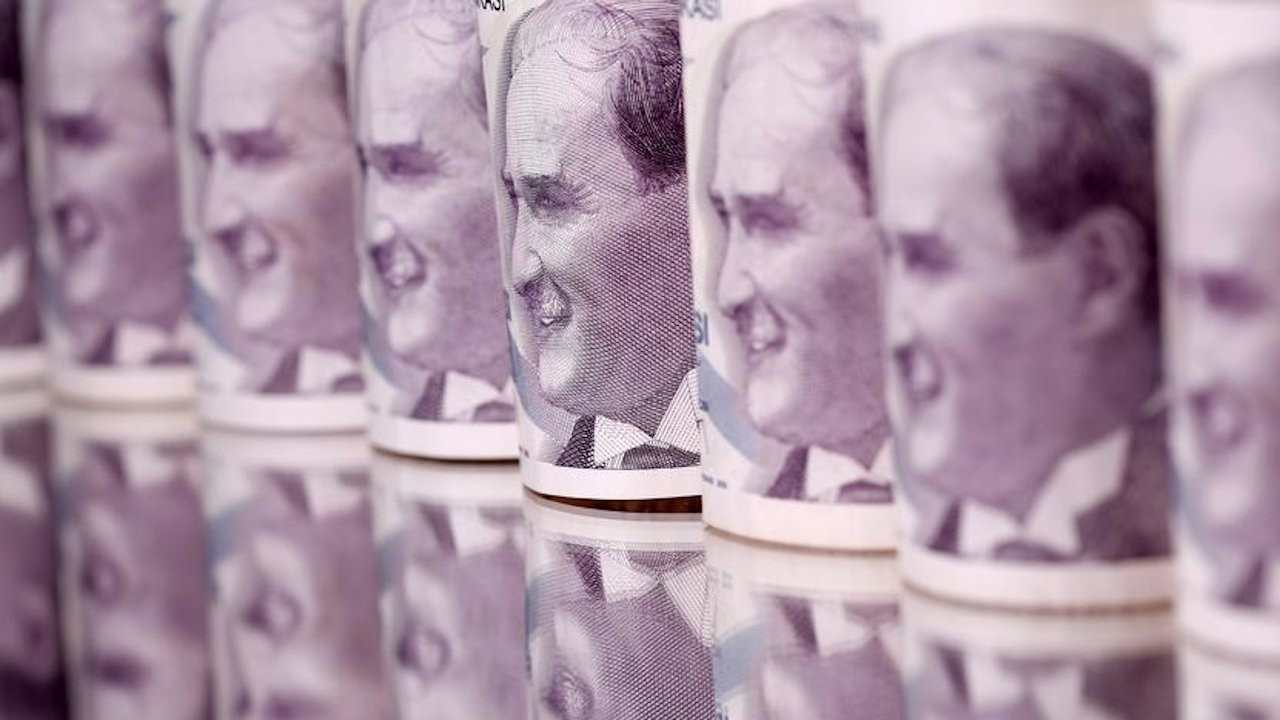Turkish central bank's net foreign currency reserves negative when adjusted for banks' claims, says Fitch
Fitch Ratings said on Nov. 24 that the Turkish central bank's net foreign currency reserves were negative at the end of 2020 third quarter when adjusted for banks' foreign currency claims. “This means Turkey's external finances could come under further pressure if banks were to repay significant amounts of foreign debt using their liquidity with the central bank, since it makes up the majority of the central bank's foreign currency assets,” it said.
Duvar English
Turkish banks have become highly reliant on the central bank to meet their needs for foreign currency liquidity, said Fitch Ratings in a report on Nov. 24.
Fitch said that although the banking sector's available foreign currency liquidity of $82 billion at the end of 2020 third quarter is adequate to cover a short-lived market shutdown and moderate outflows of foreign currency deposits, over half of banks' foreign currency liquidity comprises placements at the central bank, mainly in the form of foreign currency swaps. This is an increase from about one quarter at the end of 2019, said the report.
Fitch said that the central bank's net foreign currency reserves were negative at the end of 2020 third quarter when adjusted for banks' foreign currency claims.
“This means Turkey's external finances could come under further pressure if banks were to repay significant amounts of foreign debt using their liquidity with the central bank, since it makes up the majority of the central bank's foreign currency assets,” Fitch said.
Turkish banks' short-term external debt increased slightly to $84 billion at the end of 2020 thrid quarter compared to the end of 2019, while total external debt (including long-term borrowings) fell by $8 billion to $135 billion, according to Fitch's report.
Fitch estimates Turkish banks' potential 12-month foreign currency external debt service requirement, in the event of a market closure, to be at about $45 billion at the end of 2020 third quarter.
The battered lira was threatening to propel Turkey into a full-blown crisis earlier this month, but with a change of finance minister and central bank governor, the currency rallied.
Last week, the central bank under new governor Naci Ağbal delivered a 475-point rate hike, its sharpest in more than two years.
Yet the currency's weakness this week suggests President Recep Tayyip Erdoğan may need to do more to show he is serious about his Nov. 11 promise of market-friendly economic reforms.
Economists have said it was Erdoğan's repeated calls for low rates that limited the central bank's ability to battle inflation, and prompted it to tap dollar reserves to support the currency.

 Erdoğan's snap economic rethink 'prompted by bleak briefings'Economy
Erdoğan's snap economic rethink 'prompted by bleak briefings'Economy Turkish Central Bank raises one-week repo rate from 10.25% to 15%Economy
Turkish Central Bank raises one-week repo rate from 10.25% to 15%Economy